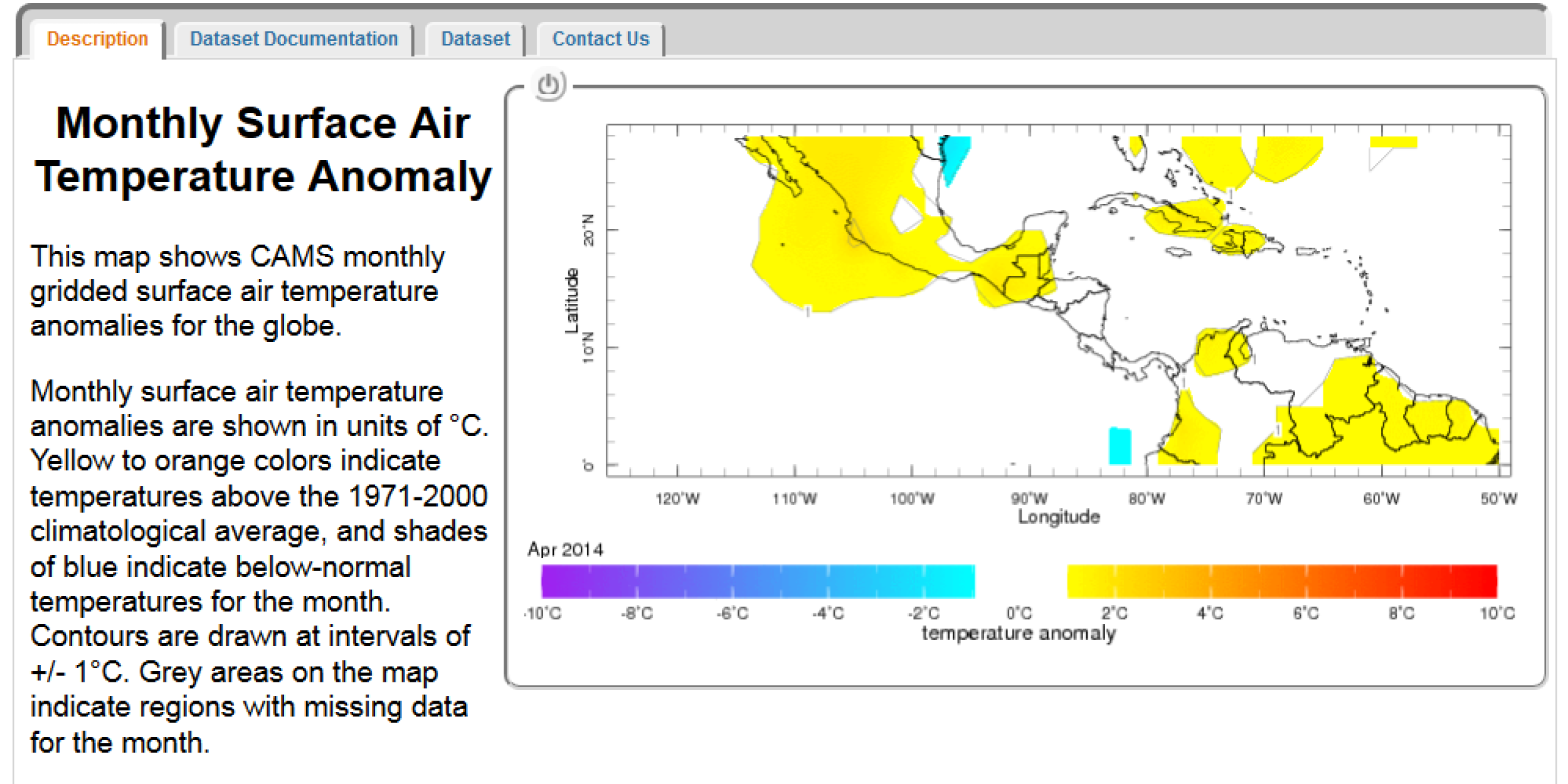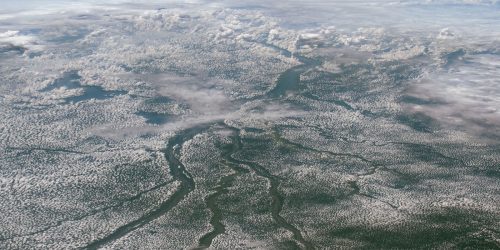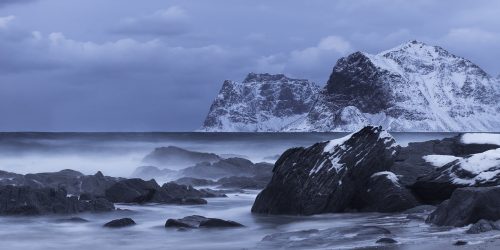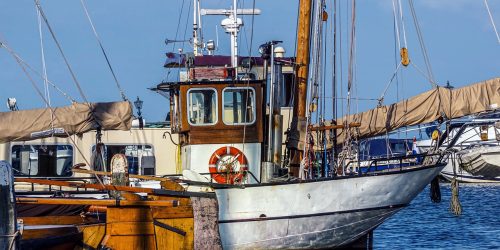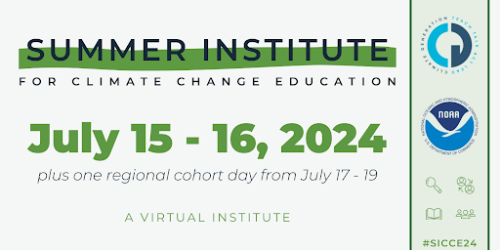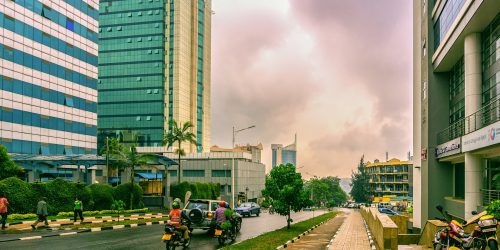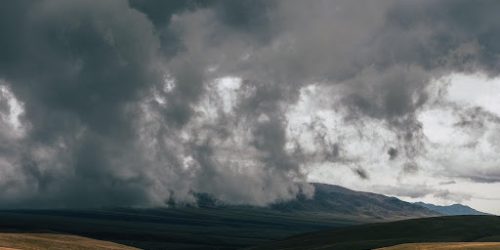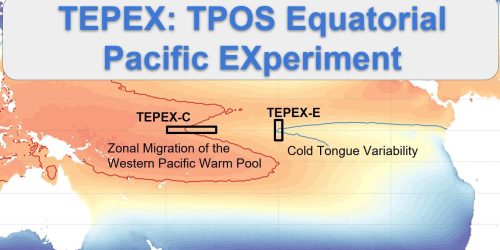Funded by CPO’s International Research and Applications Project (IRAP) and U.S. AID, the International Research Institute for Climate and Society (IRI) and the University of Arizona are teaming up to address climate vulnerability in the world’s most at-risk areas.
The Caribbean, Asia’s Indo-Gangetic Plain and West Africa are three regions known to be extremely vulnerable to climate variability and change, particularly to droughts, extreme weather events and stresses on food production, water resources and coastal areas. A new five-year project jointly led by the International Research Institute for Climate and Society and the University of Arizona aims to strengthen climate resilience in these regions using strategies in the sectors of water resources, hazard risk management and coastal planning and management.
Jim Buizer, Director of Climate Adaptation and International Development at the University of Arizona Institute of the Environment, says that with complementary expertise, the two institutions are uniquely positioned to achieve these goals.
“It’s a dream team of sorts, drawing on relative strengths of each institution. The University of Arizona, for example, brings longstanding expertise in assessing the ways in which communities around the world are vulnerable to the impacts of climate change, given socioeconomic and other factors, and in assessing climate information needs of decision makers,” says Buizer, who is leading the Arizona team on the project. “And IRI brings more than 15 years of producing scientific knowledge for the benefit of society and transforming the best understanding of the physical climate system into integrated knowledge products that are delivered and used.”
To learn more about this project, visit: iri.columbia.edu/news/


